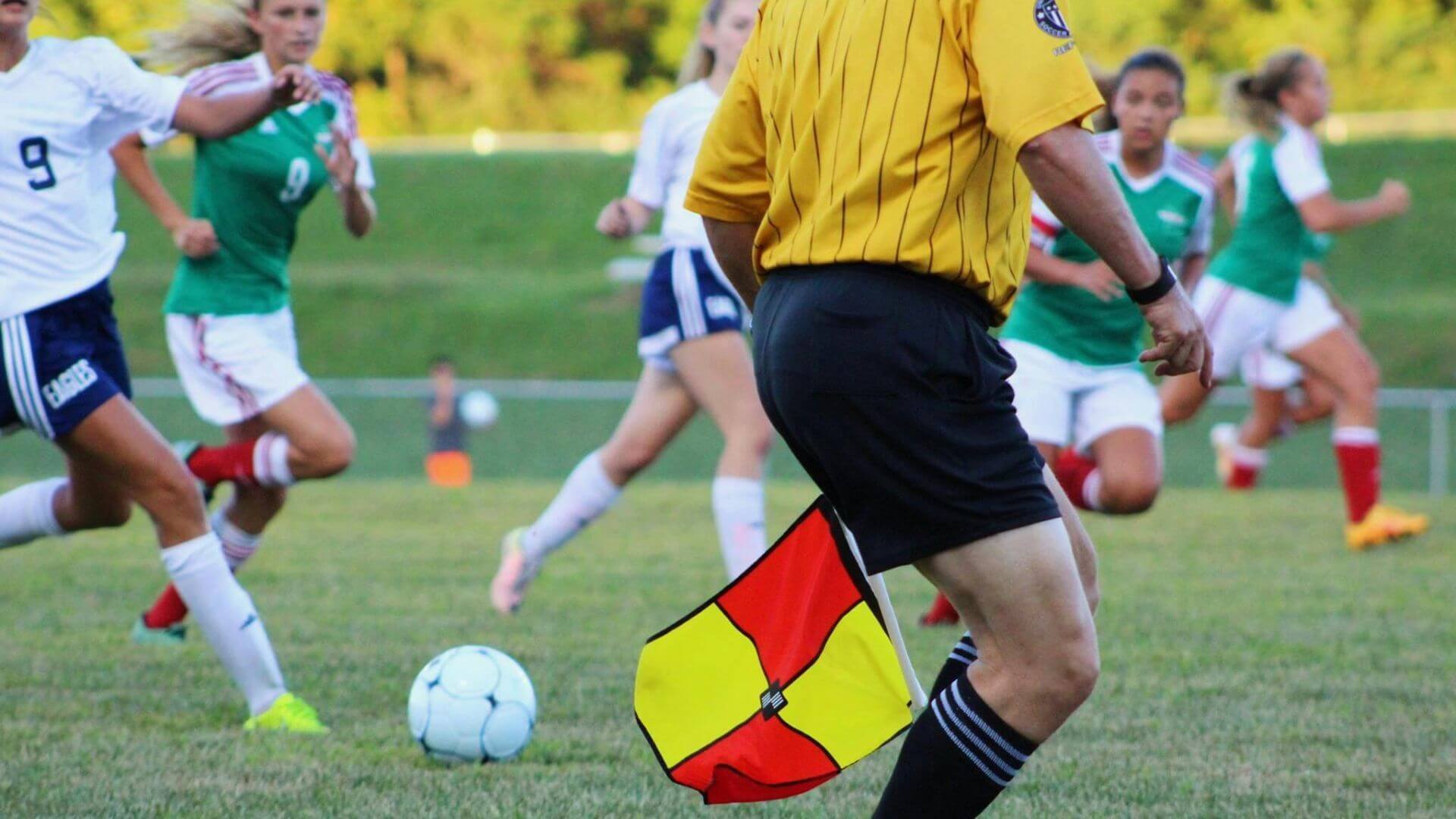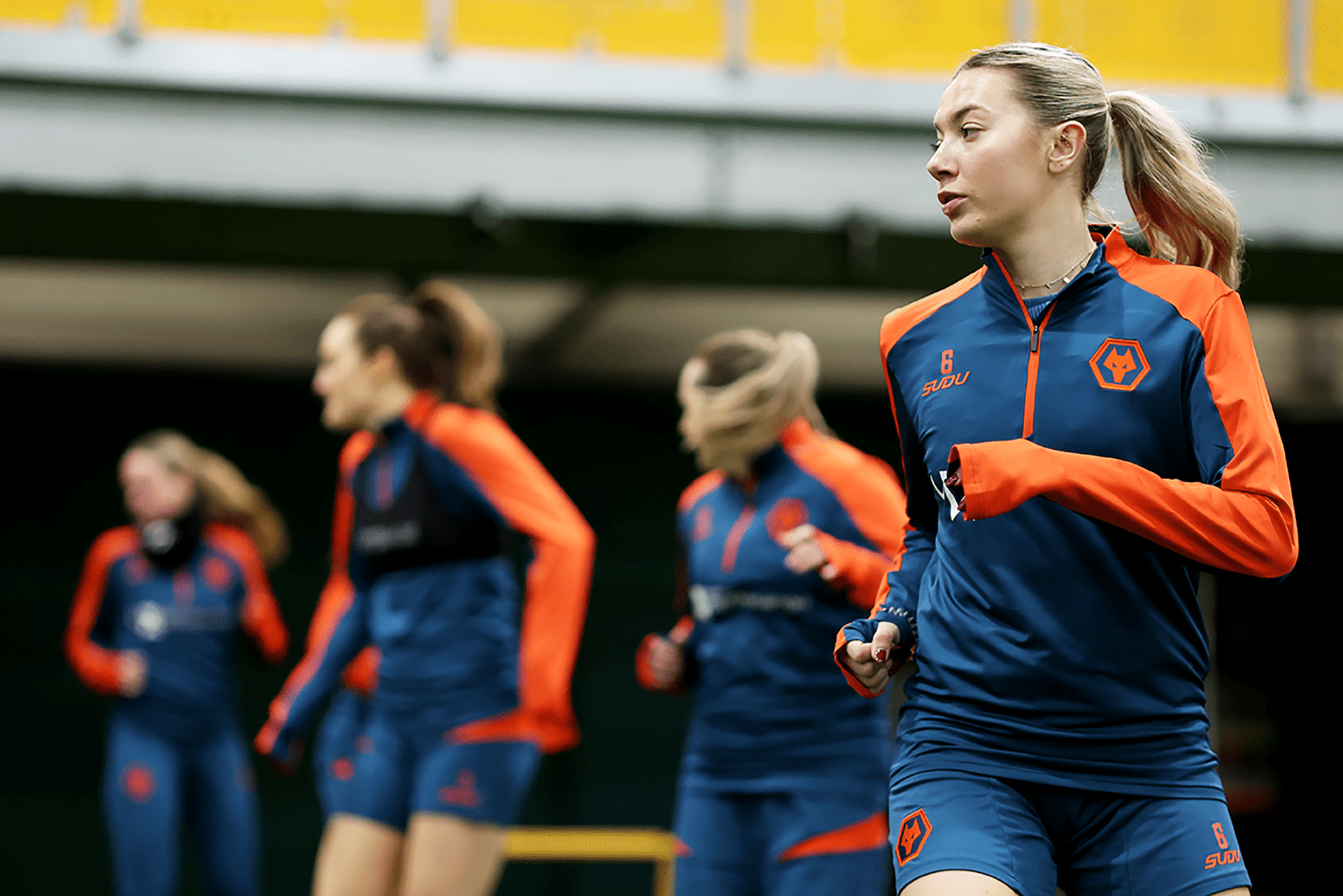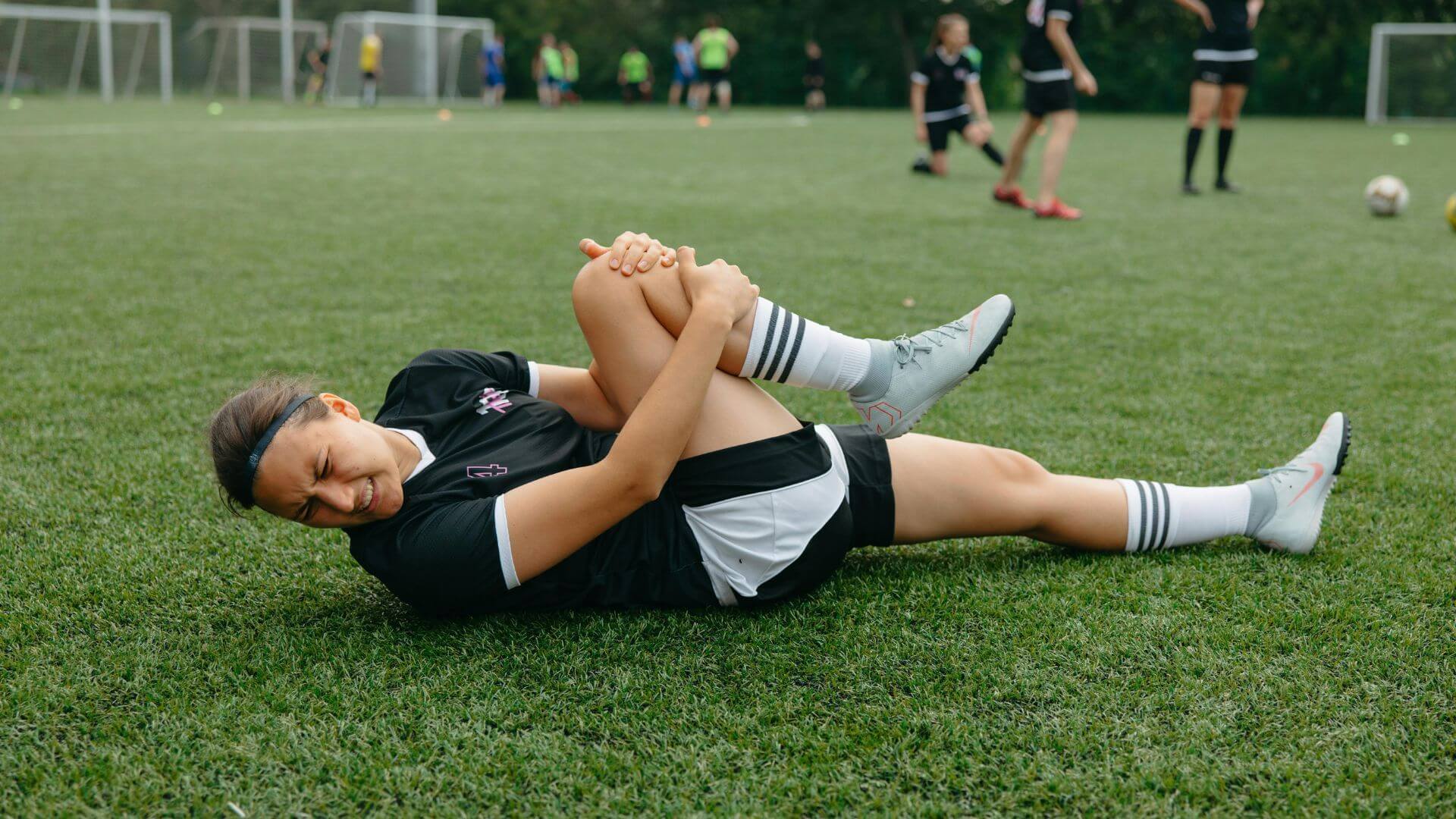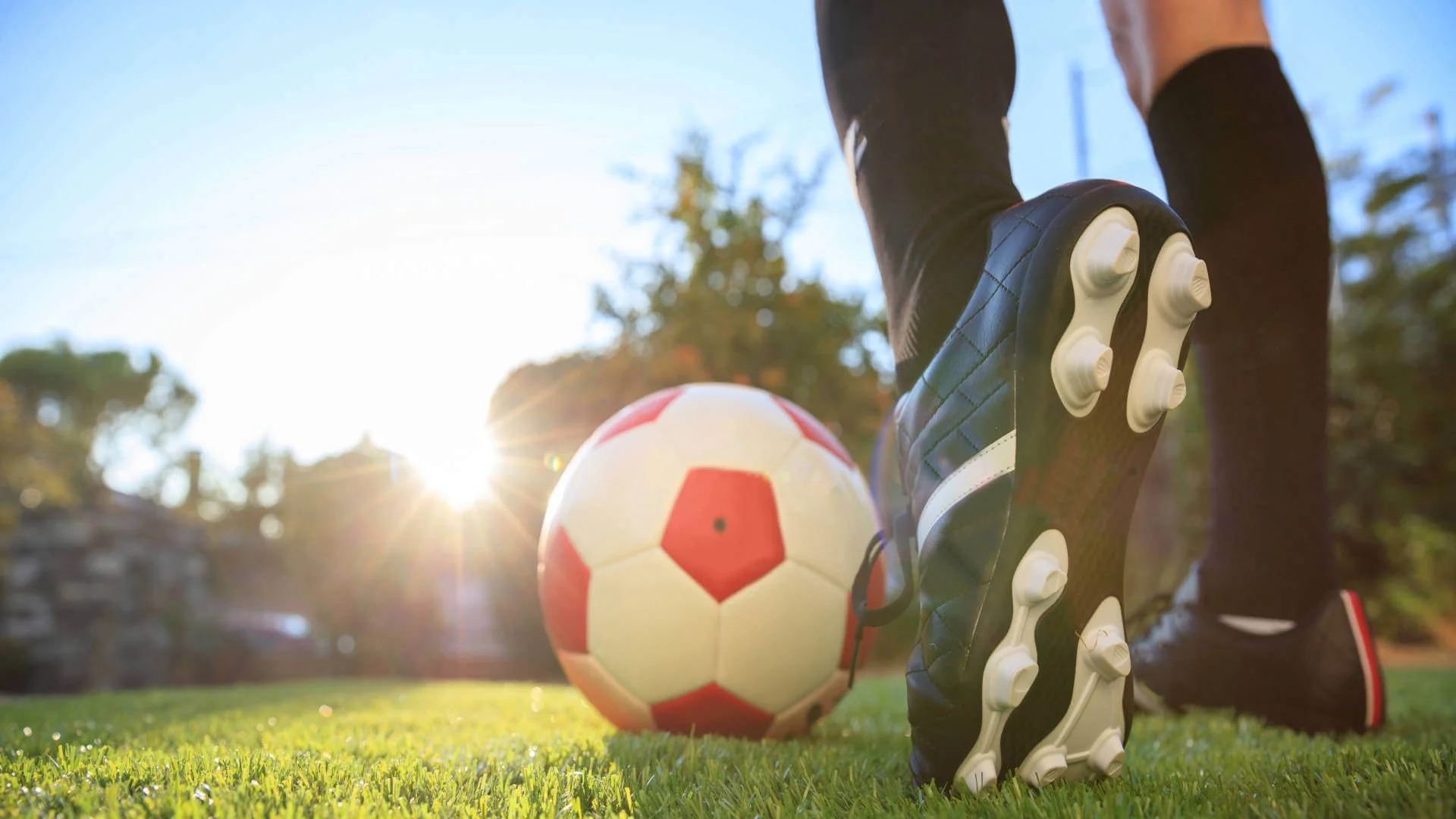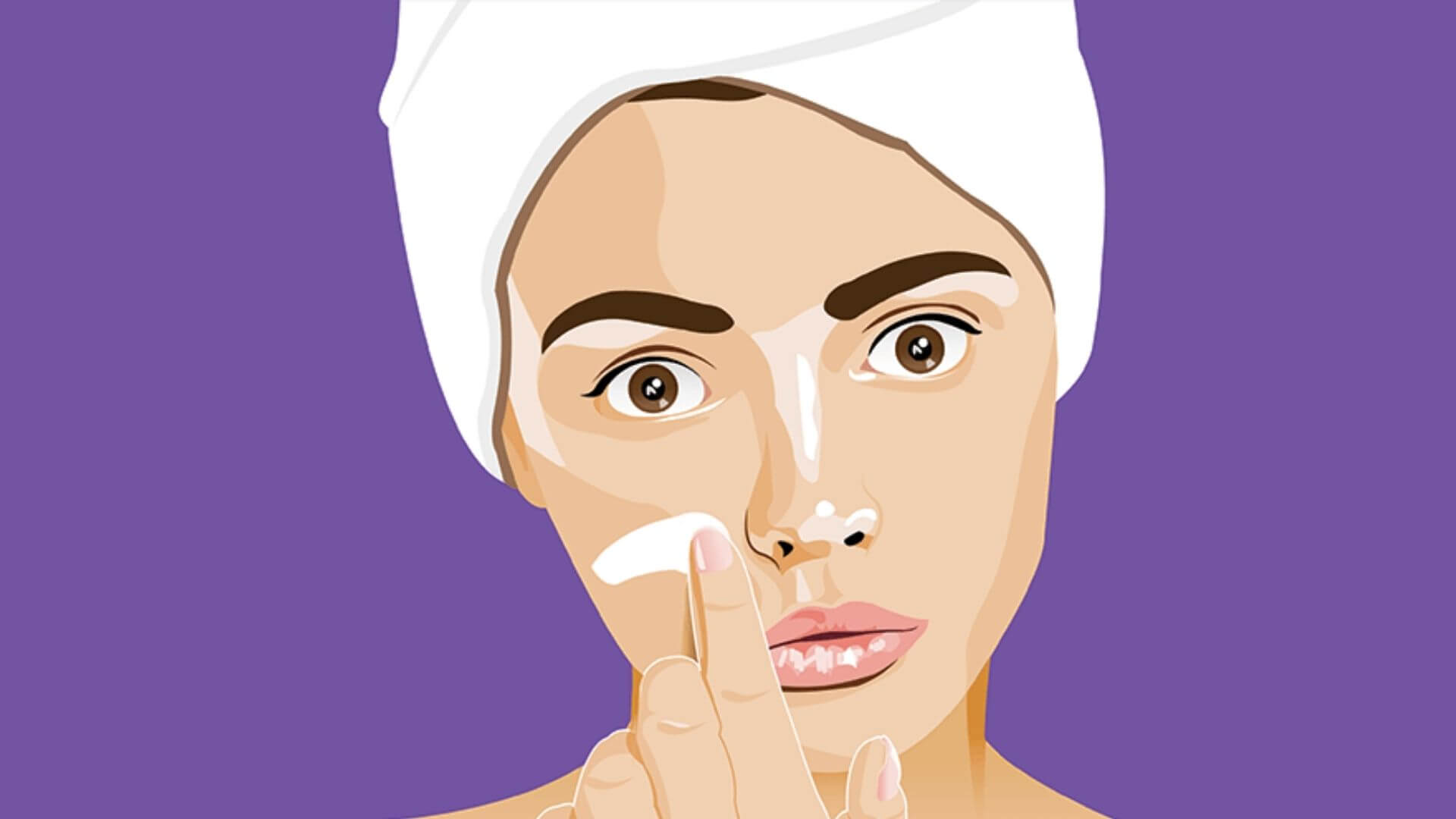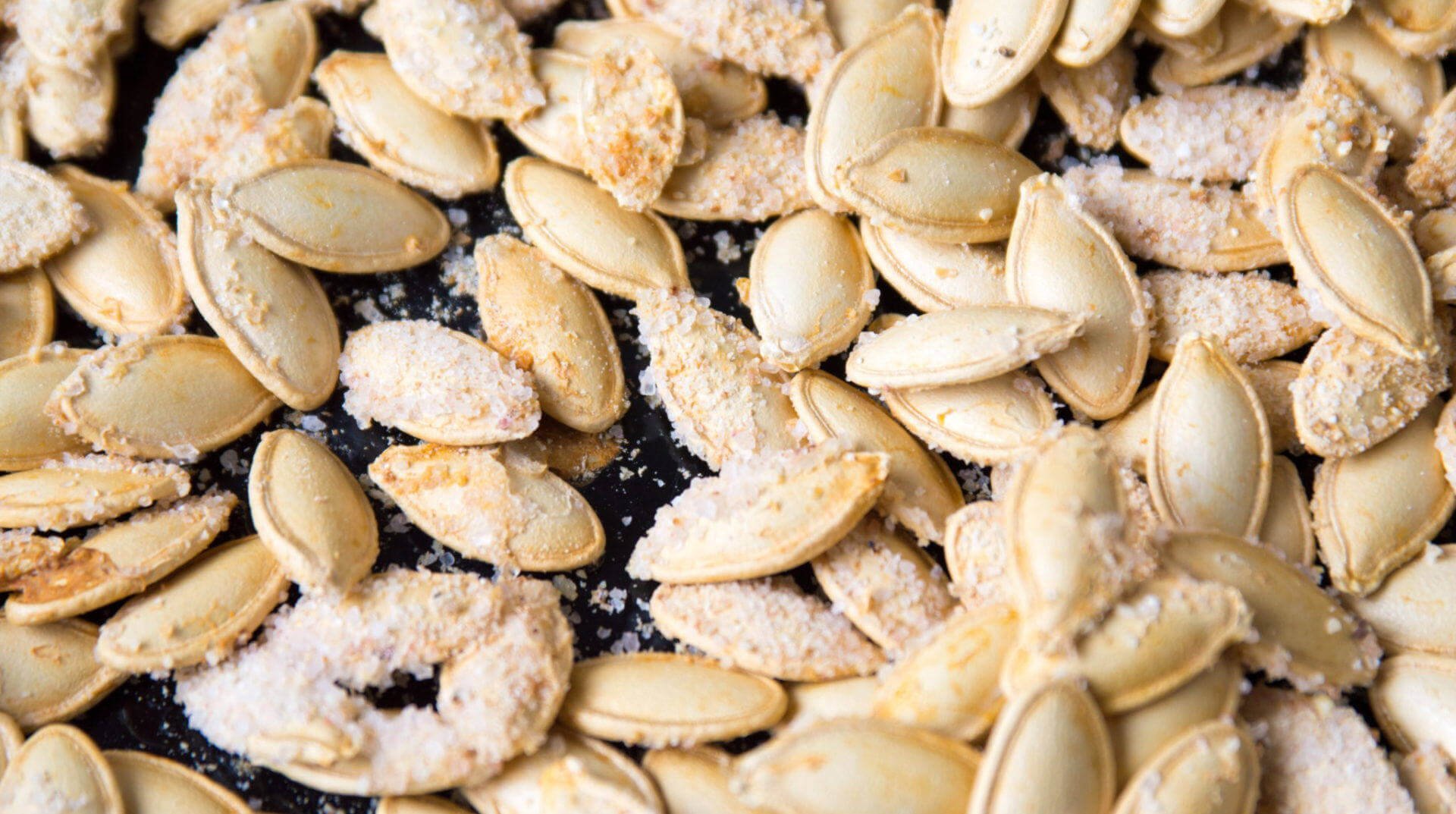How to Avoid Heat Exhaustion During Summer Training
Spring has a way of turning hot and steamy without much notice. Although your Vitamin D levels will likely bump up in that sunshine, lengthy practices on hot, summer days can leave you fatigued and dehydrated.
So what, right? Can’t you just load up on the Gatorade after the big win? Nope, that does not fit with the girl’s soccer lifestyle.
Studies show that body mass and plasma volume decrease down to 12% after soccer matches. This means that the loss of water is significant and, in some cases, very dangerous, which also means you have to beat the heat to the punch. Especially because exertional heat stroke actually ranks as the third leading cause of sudden death in teen athletes.
When you sweat and exert energy, your body loses water while core temperature increases. This increase in core temperature is steeper in the first half of the game before it levels out. When exercising in more ambient conditions, most of that heat dissipates via evaporative cooling, and your body can diffuse it. In extreme conditions of high heat and humidity, the body is unable to handle that load of heat thrust upon it. This is called uncompensable heat stress – in other words, heat stress that your body cannot compensate for.
Heat stroke not only increases your body temperature and makes you feel sick, but it can lead to brain cell damage and electrolyte imbalances that can be deadly. Although the symptoms can come on gradually, red flag signs consist of a high body temperature (above 103°F), red, hot, and dry skin, fast heart rate, headache, vomiting, and confusion.
So how do you avoid collapsing on the field? Well, the good news is your coach will probably keep practice short and sweet if there is no cool indoor space to practice in on extremely hot days. But when that’s not the case, you should do your part too.
Hydrate adequately before and after.
Although you may want to forgo a bathroom trip during matches, on hot days, risk the need to do so. Make sure you hydrate before the game, as it is in the first half of the game that your body revs up and needs that extra fluid.
There is no such thing as getting you body used to the humidity in the short term.
Short-term aerobic training or heat acclimation doesn’t improve heat tolerance during uncompensable heat stress. Although losing fat reserves in the long term does help with heat tolerance, in the short term, there is no such thing as heat stamina.
Stop sooner than later.
If you’re feeling more than fatigued – nauseous, lightheaded, or have a headache, do not power through it. Stop, move inside and grab a cool drink.
Stay away from alcoholic beverages the day before a summer match.
Alcohol inhibits a hormone, called antidiuretic hormone, which is naturally released into the bloodstream that works on the kidneys to prevent the loss of water. When there is no ADH, kidneys are unable to reabsorb extra fluid. Limiting alcohol intake helps your body hold on to necessary water reserves.
Photo via Adobe Stock @Jürgen Fälchle
_
GIRLS SOCCER NETWORK: YOUR SOURCE FOR GIRLS SOCCER NEWS





